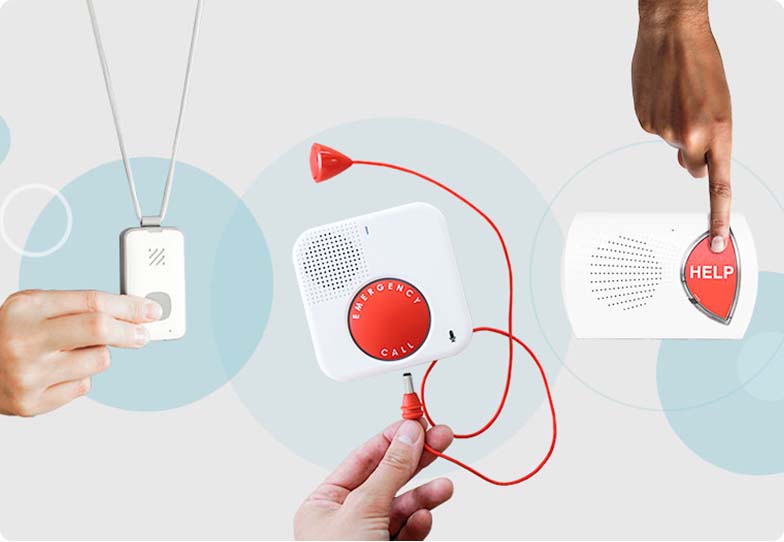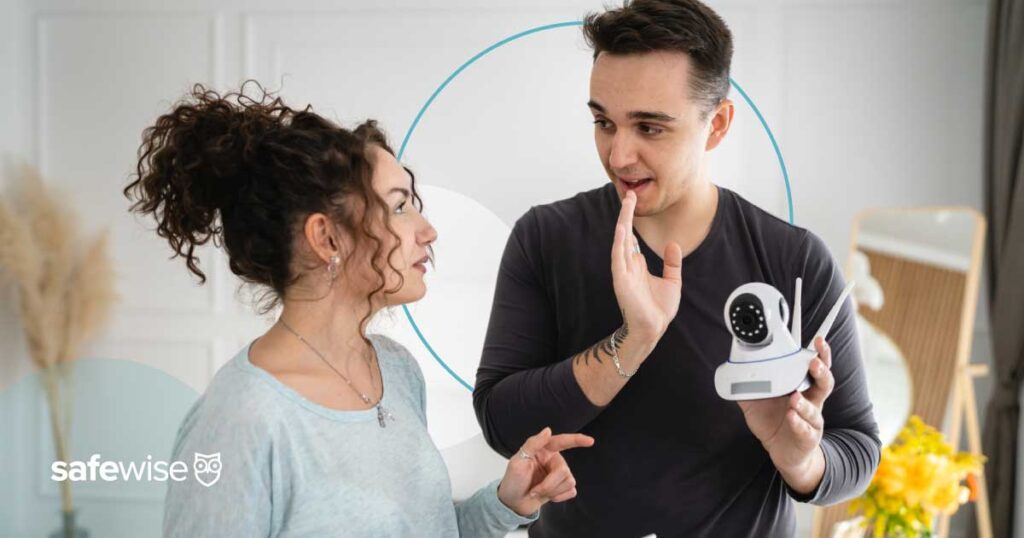You can often find potential scholarship scams if you receive an unsolicited letter, email, phone call, or message—meaning you didn't contact them first—especially if it seems too good to be true and asks for your personal information.
In most cases, the person, company, or organization offering a legitimate scholarship will not contact you first. They are unlikely to single you out since they may already have hundreds or thousands of applicants to sort through. They likely won’t bother with people who haven't even applied yet.
Typical phishing scam best practices apply when someone contacts you about a scholarship program out of the blue:
- Research every person or organization to make sure they're genuine.
- Don't make any payments or share financial information.
- Watch out for suspicious email addresses that don't match the contact name or company name and use so many numbers that a human likely didn't create them.
- Don't open any attachments in emails or messages.
- Delete, report, or discard the correspondence.



